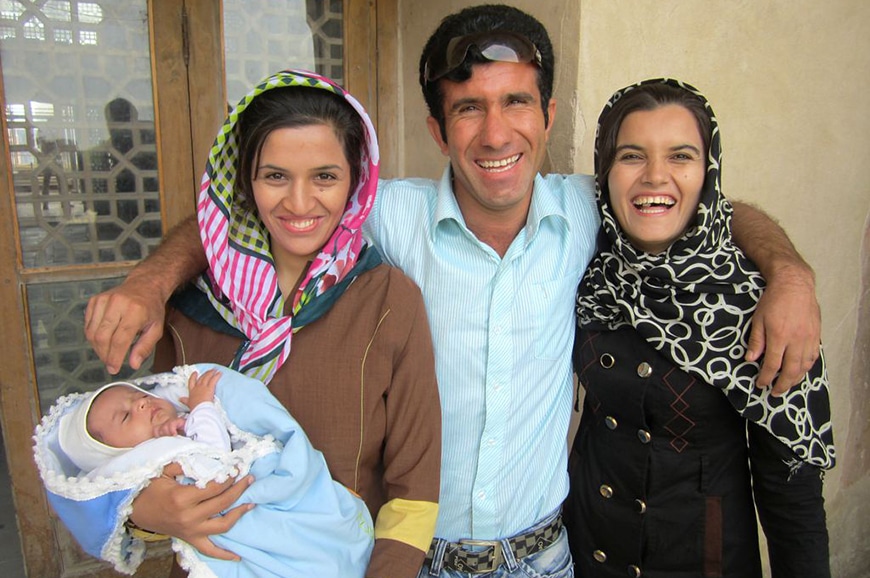How do you bring a country’s total fertility rate from 6 to 2.1 children in 20 years? Iran had the answer, and it included education, free contraception, and accessible healthcare clinics for rural and urban areas. In 1970, Iran launched a family planning initiative that had three goals:
- Delay a family’s first pregnancy.
- Allow more space between births.
- Promote smaller families.
Using these tactics, Iran knew could it reduce maternal and child mortality and ensure that families planned for children that they could support. Overall, the program was incredibly successful because sex education was provided broadly to youth, a variety of contraceptives were offered for free, health clinics were established, and there was a cultural shift to accept these family planning tools. In the end, families could plan for the children they wanted to have, and they could ensure that they would have the resources to support those children fully.
However, a few years ago Iran cut their family program, outlawed vasectomies, and created public ad campaigns encouraging couples to have large families. Many groups and individuals are concerned that this will result in a significant increase in unplanned pregnancies, an increase in sexually transmitted infections, a decrease in girls and women pursuing higher education, and fewer families having the means to fully support their offspring. Having Kids believes that this is a turn in the wrong direction and will make it harder for families and the country to support the children who will be born under this policy.

